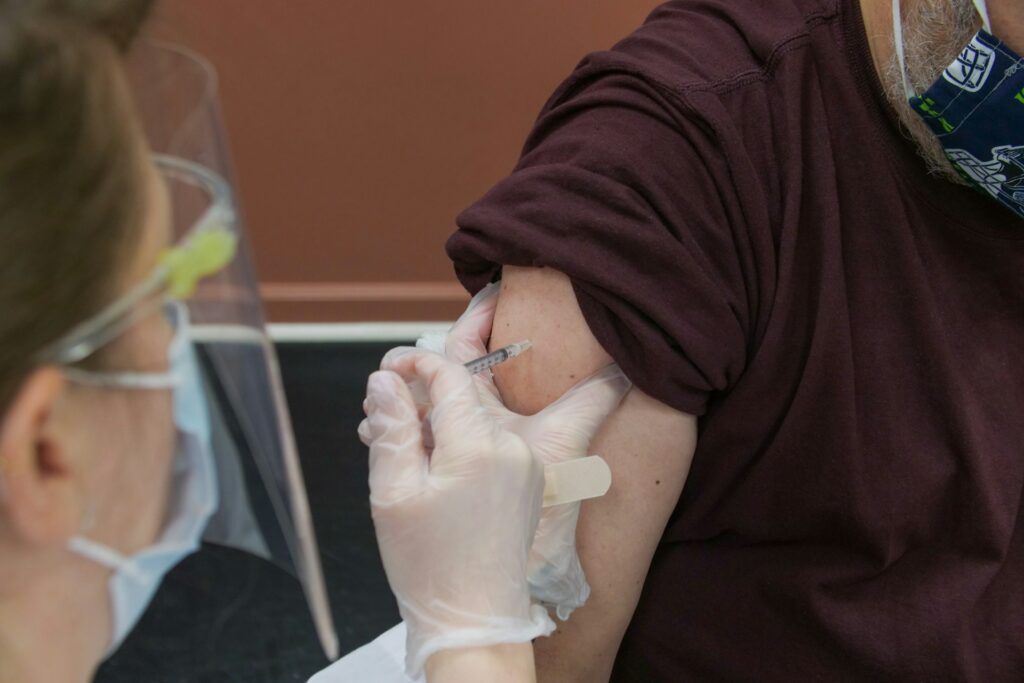The WHO’s Executive Board weighed new measures to prepare for the next pandemic at its semi-annual meeting last week, but major decisions and actions were put off until future meetings.
WHO Director-General Tedros Adhanom Ghebreyesus urged action in pandemic preparedness at the beginning of the board meeting, saying: “The pandemic shows we need to be much more ambitious, much better prepared, and improve the way we measure protection against health emergencies.” He also shared a report on the need to strengthen WHO’s response to health emergencies.
Austria proposed that the board create a WHO Standing Committee on Pandemic and Emergency Preparedness and Response, which would prepare for pandemics, and improve international coordination and uptake of the WHO’s scientific advice. Members requested more details on its powers, and a vote to approve the creation of the committee could take place in May.
The board did agree to alter the WHO’s main set of rules, the International Health Regulations (IHR). This legal regime for public health “emergencies that have the potential to cross borders” provides the main global legal guidance for the COVID-19 pandemic. The Executive Board last week asked WHO member states to consider amendments to the IHR, which was last updated in 2005. The United States leads the amendment process.
Global accord under development
More concrete action is expected soon, based on the resolution by Member States at last year’s Nov. 29-Dec. 1 World Health Assembly Special Session, only the second special session in the WHO’s history. It was agreed then that the WHO must develop a global accord, convention, or other international instrument on pandemic preparation and response. The resolution set a deadline of March 1 for an intergovernmental negotiating body (INB) to begin work on a proposal for this accord.
Ghebreyesus emphasized the importance of the INB’s work during his remarks last week.
“We urge all Member States to engage in this process constructively,” he said. “There are many other steps we must take together to strengthen pandemic preparedness and response and the architecture to support it. But this agreement, I hope, will be a generational agreement. That will be a gamechanger.”




